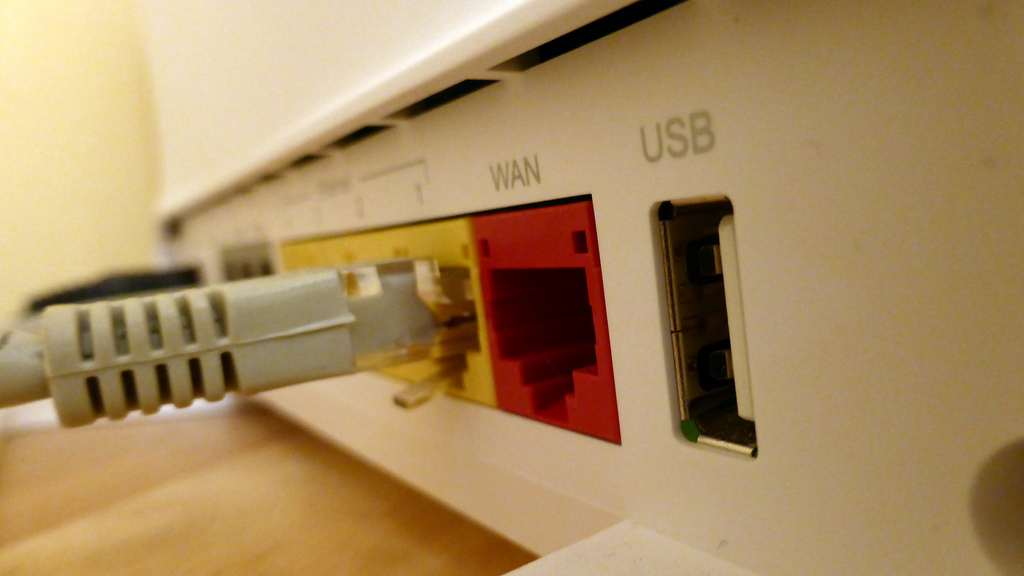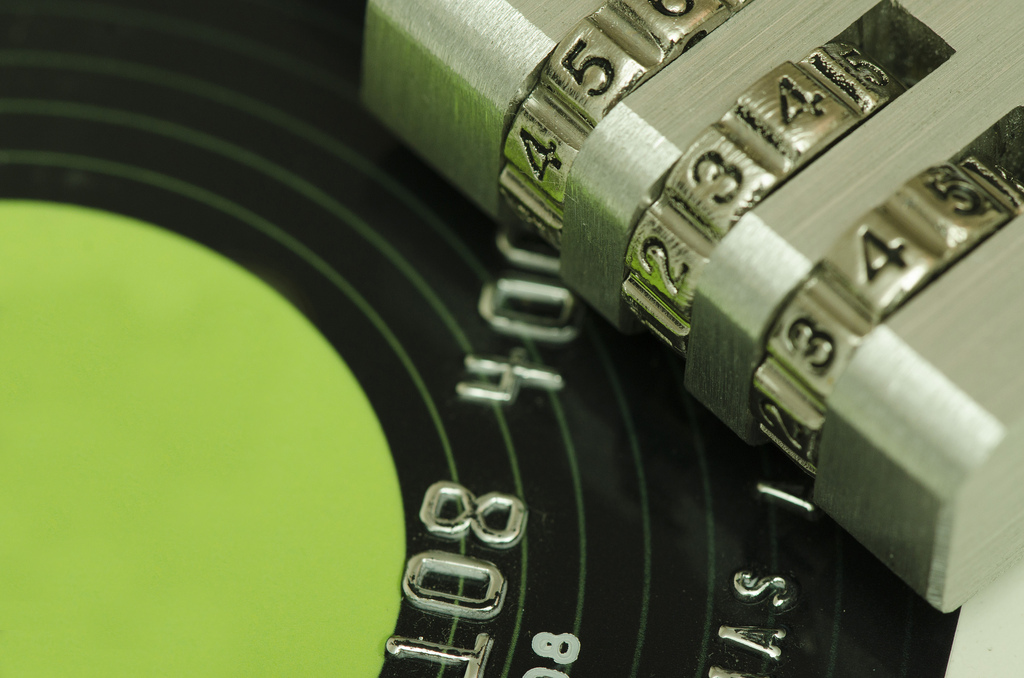Hugo vs. WordPress page load speed comparison: Hugo leaves WordPress in its dust
- January 8, 2017
Getting Things Tech recently moved from WordPress to Hugo, partly motivated by the hope for better page load performance. Has the bet paid off? Without a doubt. With over a month on this new platform, we now have some data to show off the differences.
Read MoreGTT has a new look, new Hugo backend, and new host with Digital Ocean
- December 22, 2016
Return visitors to Getting Things Tech might notice a change to our look, but it’s much more than a facelift. In the past few weeks, Getting Things Tech has also moved away from WordPress and onto a new web host, which has made things work much more quickly around here.
Read MoreHow Bitcoin works: An introduction to cryptocurrency
- July 20, 2014

Bitcoin is currently at the stage in its development where you won’t find people who have never heard of it, but very few know much about it. In fact, it is one of several digital currencies that are based on complex cryptographic methods. We’ll glaze over those methods for simplicity’s sake so you can figure out how Bitcoin works.
Another thing to note is that there are now several “copycat” or otherwise similar digital currencies to Bitcoin, collectively known as cryptocurrencies. These are known as such because they use cryptography to make an all-digital currency viable in terms of its security. While each has its differences, this introduction will teach you enough that you’ll be well on your way to understanding how other cryptocurrencies work as well.
Read MoreIntroducing Flat Calendar Widget for Android
- June 4, 2014
![]()
Once upon a time, I wanted a calendar widget for my Android devices that had a nice, flat, modern look to it. Simple Calendar Widget gives you that to some extent, but it wasn’t working out for some of my customizations since I wanted some color. There are just not many calendar widgets in the Play Store, so I decided to make one myself.
Read MoreWhat is net neutrality? A beginner’s guide
- May 15, 2014

One of the key political issues of our day has become net neutrality, which has gradually moved from a niche topic in tech publications to a mainstream public debate. However, what that really means has been elusive to many Americans. Let’s figure that out.
Read MoreWe have not been affected by the Heartbleed vulnerability
- April 9, 2014

In light of the news of widespread security vulnerabilities due to a poor implementation of HTTPS connections and SSL/TLS encryption, we want to ensure Getting Things Tech users that you are and have been safe browsing with us.
Read MoreTwo-factor authentication is a simple way to secure online accounts
- April 8, 2014

While we stress the importance of creating strong passwords with the use of third-party software, there is still another step you should be taking to add eons of security to your accounts at very little cost to convenience. That step is to add two-factor authentication where you can, which makes you prove that you are yourself in addition to entering the correct password.
Read MoreThe vulnerabilities of HTTPS and SSL/TLS
- April 7, 2014

We have spent a lot of time championing HTTPS connections as one of the most basic browsing habits for good privacy protection. However, there is always a risk when talking up a security protocol: a false sense of security. With that in mind, let’s talk about the ways in which HTTPS and the SSL/TLS encryption process that makes it secure come up short.
Read MoreWhat is HTTPS and why does it matter?
- April 2, 2014

You might have seen some of our recommendations about the need to connect to websites via HTTPS whenever possible. Maybe you saw that instead of “http://facebook.com,” your browser said you were on “https://facebook.com.” Why would I be insisting that you type in that extra letter? Why would Facebook put that extra letter there without you even knowing?
Read MoreIntroducing the Getting Things Tech Privacy Toolkit
- March 24, 2014

Today, it is no secret that the World Wide Web has become a dangerous place for one’s privacy. Between government surveillance, corporate data gathering, and increasingly sophisticated hackers, there are just too many threats for the average person to contend with. We are going to do something about that.
Read MoreSearch
Recent Posts
- Make Prism.js show line numbers by default (without CSS classes)
- Hemingway App 3.0 update review: A gimmick becomes a real app
- Hugo vs. WordPress page load speed comparison: Hugo leaves WordPress in its dust
- Hemingway App 2.0 update: A worthwhile update comes with unfortunate price hike
- How to view academic journal articles off campus using your library's proxy
categories
Support This Site
Bitcoin Donations:18DP9TGdPN5usTKMRMfPk6Q2mSr4mAz8NJLitecoin Donations:
LPKQbDPykwjXr5NbXfVVQH9TqM5C497A16